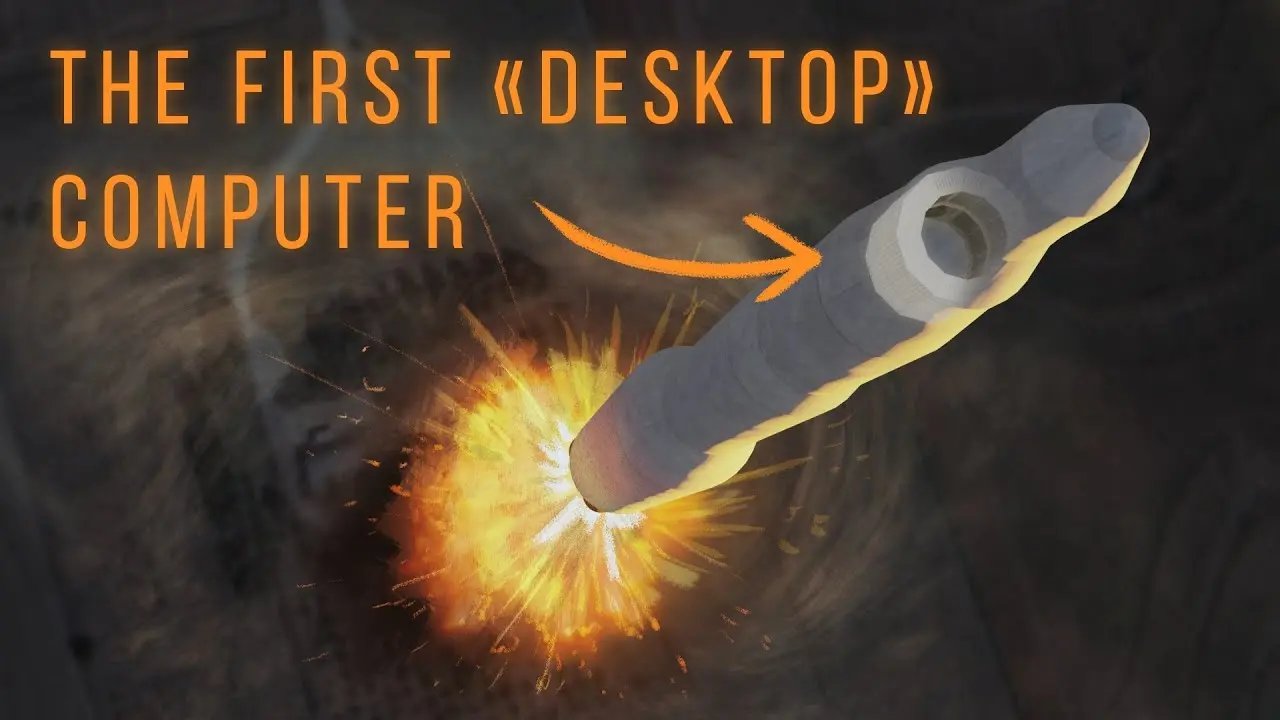In 2017 his name was mentioned as a visionary comparable to the Wright Brothers and Zefram Cochrane (inventor of the warp drive) on a Star Trek episode set in the 2250s.
By a character who was explicitly evil and whose judgement we were not meant to trust, though














Ah, I managed to completely miss the last part of the comment because I’m an eejit who can’t read good